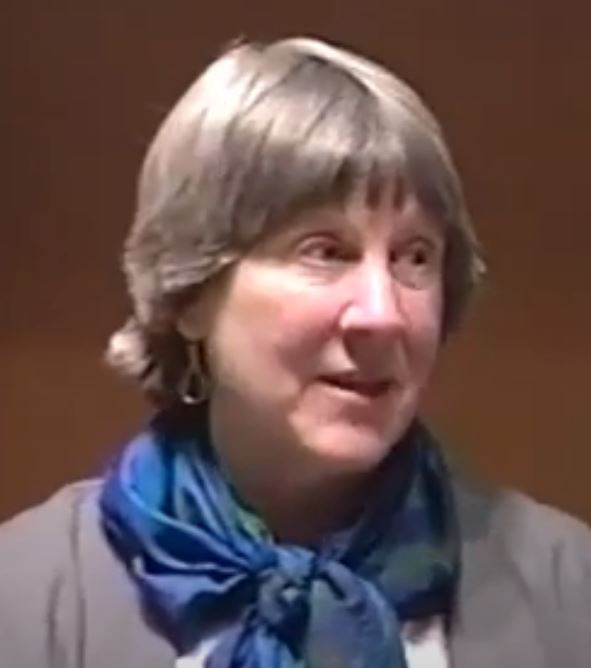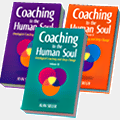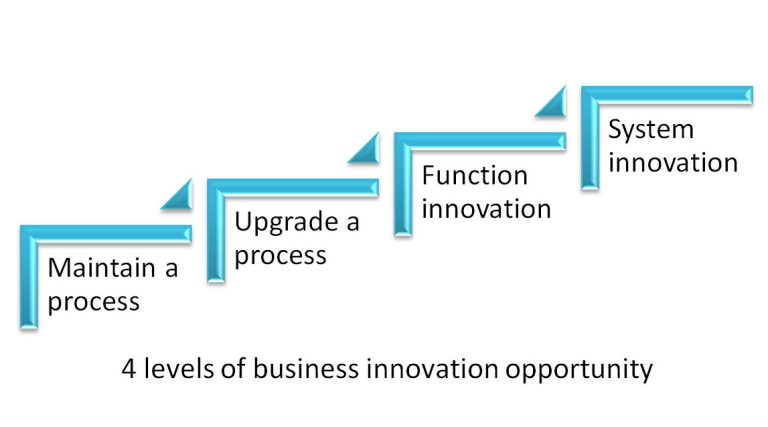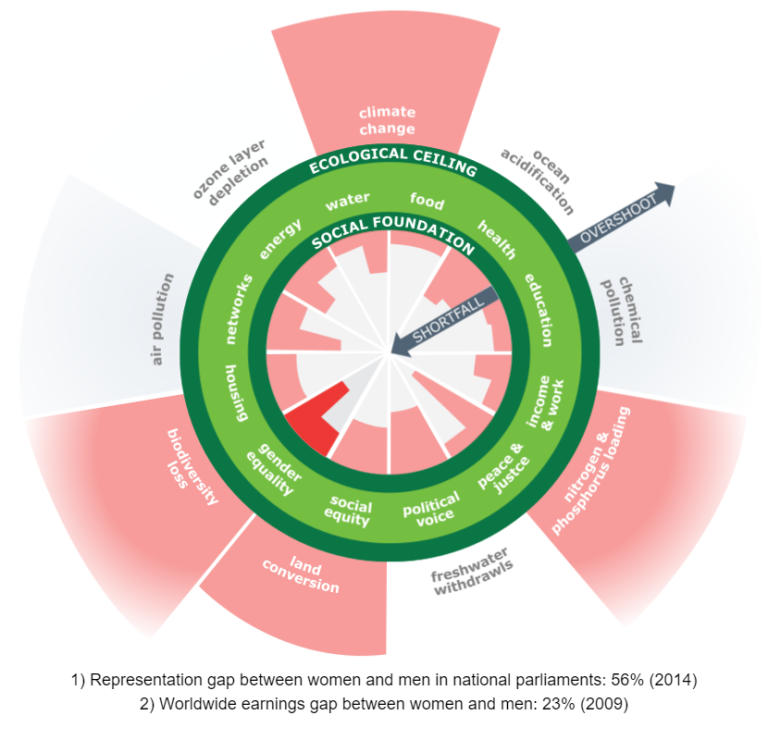Meet three key systems thinkers
Leveling up from process thinking to systems optimisation makes the work of sustainability and regenerative business a whole lot easier (and interesting). The people behind systems thinking are enormously interesting as well.
So here’s an introduction to three of my favourite Systems Thinkers – their work and their presence (thanks to YouTube).
Beyond cause/effect analysis
Cause-effect thinking is great for simple problems – like “I’m thirsty so I’ll get a drink of water” or “My car is low on fuel so I’ll stop for petrol”.
However, a lot of problems in the world are more complicated to solve. For example, scurvy is a nutritional disease that develops over time and one result of the disease is that your teeth start to fall out. But the solution to scurvy is Vitamin C – not the dentist. Understanding the body as a system with nutritional needs solves scurvy.
When inventory reduction programs were attempted in manufacturing Just-In-Time programs they ran into huge resistance. Why? Because everybody from accountants to production planners had a vested interest in NOT reducing inventory.
Production planners hoarded hard-to-get crucial items to ensure that jobs could be completed on schedule. Accountants were reluctant to write off out-of-date inventory because inventory sat on their books as an asset and writing it off made the problem visible – and made them look like bad managers.
Without an understanding of the social systems and their priorities, making JIT production happen was really hard work.
Seeing the system gives you leverage
The skills of Systems Thinking are super-powerful – because you can apply them to social systems as well as physical systems.
“Vision without systems thinking, ends up painting lovely pictures of the future with no deep understanding of the forces that must be mastered to move from here to there.”
Peter M. Senge, Sloan School of Management, Massachusetts Institute of Technology
The tools of systems thinking – applied consistently over time – can help you to understand the forces at work and the leverage points that make innovation easier.
(That makes them a powerful business and career skill, regardless of whether you decide that regenerative business isn’t for you.)
I’ve written about systems thinking in several posts – but it’s also useful to listen to the people who came up with explain it as well.
Three key systems thinkers
Stroh on Systems Thinking for Social Change
Probably my favourite resource so far is David Peter Stroh’s work on Systems Thinking for Social Change – because it addresses the human systems innovation at heart of the regenerative business challenge as well as the the engineered systems.
Stroh pulls together the work of earlier Systems Thinkers including Peter Senge and Donella Meadows and applies it to innovating human systems for better outcomes.
The book is a massively valuable tool – to get an idea of what it’s about this summary PDF Leveraging Social Change is well worth reading.
If you’re a listener more than a reader, try this YouTube video series.
Donella Meadows on Sustainable Systems
Donella Meadows is famous (and infamous) for her application of systems thinking to sustainability, as co-author of the 1972 book The Limits to Growth. This book was loudly denounced in the 70s – but successive editions each decade have confirmed much of the original book.
Meadows also wrote extensively on Systems Thinking, and an excellent book collecting her thoughts on the subject was published Thinking In Systems after her death.
You can listen to Donella Meadows speaking on Sustainable Systems in this video
Peter Senge on Systems Thinking in a Digital World
Senge’s 1990 book The Fifth Discipline is a widely recognised management classic. It defined Five Learning Disciplines – Shared Vision, Mental Models, Personal Mastery, Team Learning and Systems Thinking – for building and sustaining learning leadership capability in organisations.
In 1997, this book was acknowledged by Harvard Business Review as one of the seminal management books of the previous 75 years.
This talk Systems Thinking in a Digital World introduces Peter Senge and his work.
Extend your systems capabilities to extend your impact
Once you’ve understood the basics of Systems Thinking, then go looking for the courses, books and online resources that best suit you.
It’s a great investment in your career and your business – and even your family life.










